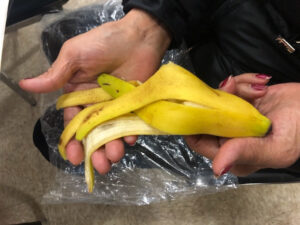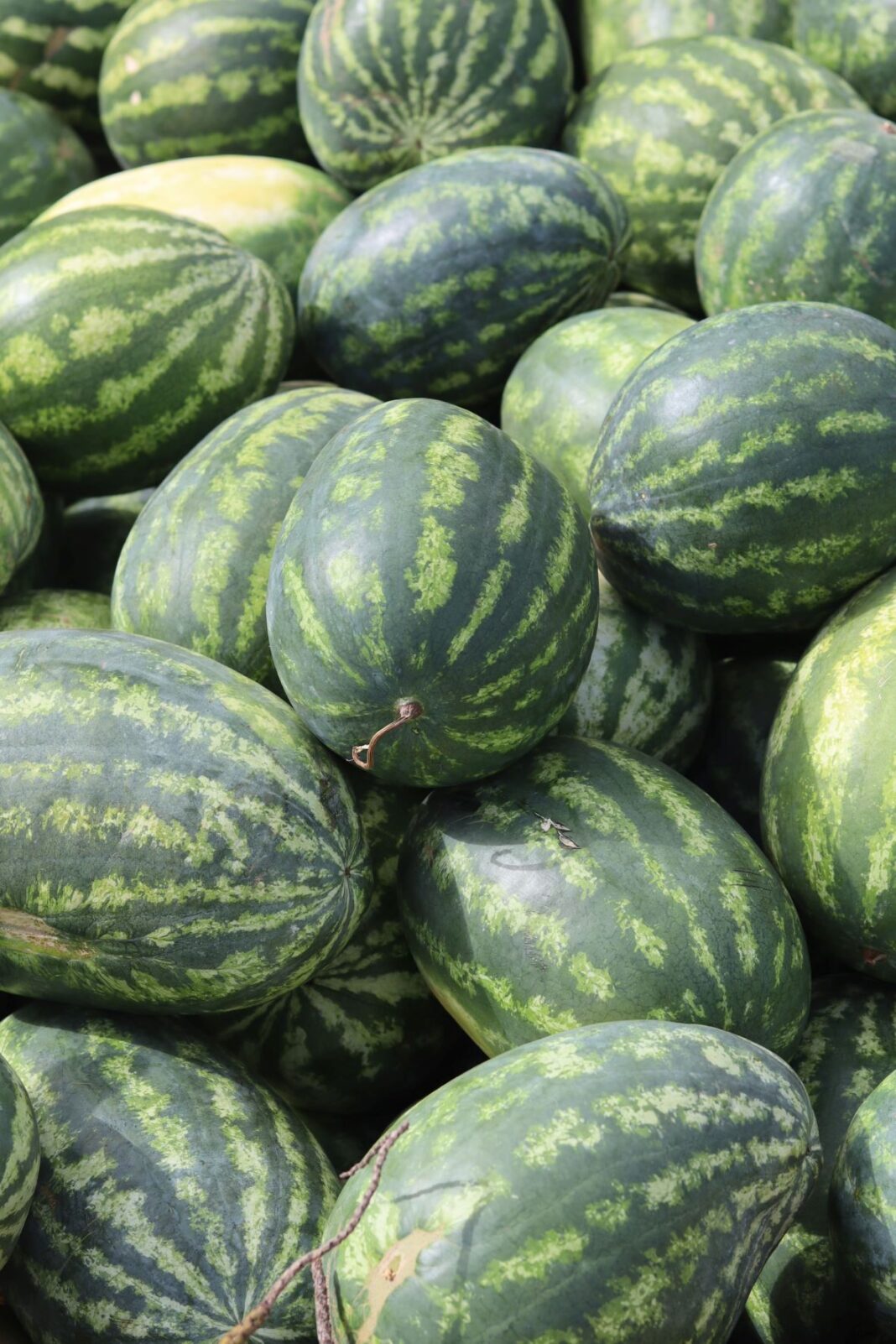
UNITED STATES—“Never been better,” Max prevaricated. He gulped before he spoke again Whatever this was it was upheaval. It was turbulence, cousin to that which afflicted the life of scheduled meetings and bi-coastal flights that he knew, and the calm living out of an insurance policy for many more days, not intense, but uniform and steady, with a modicum of measured pleasures against the background music of annoyances. The lips parted. He spoke:
“We, no…I, I (he pointed a stubby index finger into his chest) lost money in the market. A whole lot (his tone capitalized it without the nuisance of capitalization). I…I…”
Saliva clicked in his throat. The struggle to produce a single more word faltered. It was something deep, that Rega in her forbearance had the grace to leave unprobed.
“Max, Max, look at you. We started out in a cold-water flat in Flatbush. You were all through with being a practicing rabbi. You hadn’t started in business yet and remember we couldn’t even afford a watermelon.”
“I don’t like watermelons.”
“That’s not the point, Max. This is what I’m getting across. We didn’t have a billionth of what we now have and we were OK.”
“Look where we arrived. Remember when we got invited to the inaugural Ball. And I got this great pair of cufflinks with the presidential seal, I’m still proud of them. Nixon got a raw deal. He would have done a whole lot better in Bananaland.”
“And you even entertained notions that you might replace Secretary of State Henry Kissinger. Allied Foods donated heavily to the campaign.”
“It’s not a quid pro quo to receive a diplomatic post,” said Rega. “A look in the mirror Max, some would say your talents tend to despoiling over diplomacy.”
Max listened intently. Absorbing a grain of Rega’s idea helped him to shift just enough to evoke a sheepish grin.
“They really were thinking of giving you an Ambassadorship to soften your fall,” Rega said almost tenderly. “We really cared about you. You should’ve got help.”
The factualist in him insisted on retelling the same bad story he’d been telling himself for the last terrible seven months. “The hurricane hit Allied way hard. The whole crop was wiped out, and it all caught up with us. And before that was the damned oil embargo. The spiked shipping costs gouged into our profits. Time to pay the piper. Acquiring that little prime piece of the Banana Belt, turned out to not such a hot idea. I myself cooked the books in a rosy light, it wasn’t the winner I imagined. They were running the boat pretty much next to the bottom, where the skulls and jewels lay sprinkled where pirate ships had drowned. Then the UPEB.”
Since Max didn’t talk about this stuff to Rega, he was freed from the need to explain that the UFPEB was a gang of nations in Bananaland that ganged up to the tune of a dollar levied on each box of bananas leaving the country. It would ruin the crowning achievement of Max E. White’s business career, Allied Fruit. He thought he was holding three aces. It turned out that he had a pair of deuces.
“I did a bad thing,” Max spoke haltingly to Rega.
“Sell off the sunglass company—yeah everyone knows that was a blunder.”
“Listen to me. Listen to me please. I chose the wrong door. I paid a bribe to one of the presidents of Bananaland.”
“That’s not like you, Max.”
“What is not like me. What is like anyone? Who knows the knower, only himself. Then the outside observer can say ‘That’s not like you’. When I was at Columbia there was that damned literature class, I wasn’t going to read the classics and I paid some kid to write the final paper for me. That wasn’t like me—now you know. And I paid off one of the presidents to be sure the banana tax get reduced and undercut the competition. I paid one of the presidents $ 800,000.”
“I’m amazed that he settled for that low a price.”
“Well…”
“What well,” said Rega.
“I’d promised him another 1.5 million in a Swiss bank account. I offered a pay-off, a necessary cost of doing business down there, but the snoops from Security and Exchange Commission call it corruption.”
“Who put you up to it, Max?”
“Nobody. me alone. I was behind the eightball. See, I paid for the company with loans borrowed against the company’s assets. Which turned out not to be what they were made out to be…Look,” Max went on.
“Nobody ever chose me to play stickball when I was a kid. I was short-sighted, so I’ve gone it alone. Believe me it was lonely and chilly, it changes body and mind like being in love but all inside out, being an agent of something bad like that. It grates on you. I wish I had had more of Sam Delaney in me.”
“Sam who?”
To be continued…
Grady is the Wizard of Fiction.






